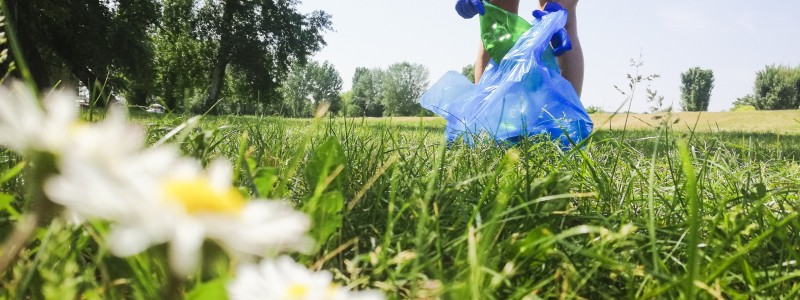Is a deposit return scheme for single-use plastic bottles the right way forward?
Yes
13 billion single-use plastic bottles are used in UK every year – more than 3 billion end up in landfill, incinerated or left to pollute our streets, countryside and marine environment.
- The 5p levy on plastic bags proved how effectively the UK could respond, as consumption of single-use carrier bags is down 83%.
- If we do nothing, by 2050 all the plastic in the ocean will weigh more than the fish.
- Demand for plastics is expected to double in the next 20 years, so we need to do every little thing to add up to big change.
Plastic cannot be absorbed back into the environment and most scientists estimate that 8 million metric tonnes of plastics end up in our oceans each year - adding to the estimated 150 million metric tonnes currently circulating our oceans - that's equivalent to a rubbish truck dumping a full load of plastic every minute!
These "Reverse Vending Machines" are yet another logical step on a journey to completely re-educate both consumers and producers on the what is acceptable. Their use has been tried and tested in 40 countries worldwide and subsequently recycling rates have increased.
Deposit Return Schemes should increase reycling rates because unlike kerbside collections, they can control exactly what is collected. They would also put producers under pressue to improve recyclability for their bottles to ensure their bottles are competitively priced and viable for the scheme.
No
The government are just following the media hype surrounding local issues and seem to be ignoring the really big issue – the exportation of waste plastics that are ending up in the world's oceans.
- The scheme is unfair to the consumer as they pay an upfront deposit on their purchase and have to find time to take the bottles to be recycled.
- More regulations should be imposed to stop producers using bad plastics that cannot be recycled.
- Collecting bottles is one thing, but the bigger issue is actually recycling them effectively.
The problem cannot be fixed in isolation - governments need to come together and producers need to rethink the way they make and use plastics. At the moment there is no regulation, so producers can use whatever packaging material they want.
Plastic is not the problem, its what you choose to do with plastic that's the problem. The UK currently sends 450,000 tonnes per annum to Asia where the waste treatment infrastructure means approx 15-20% is actually unrecyclable.
A more effective solution could be Extended Producer Responsibility schemes to encourage brands to design for end of life in exchange for reduced compliance fees. Another idea from Professor Ryan (Professor Physical Chemistry, University of Sheffield) is to have a standard polyethylene (PET) and nylon so bottles and plastics can be reused.

